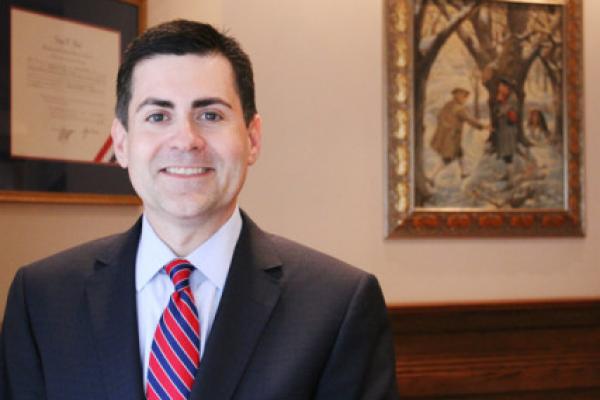Sunday’s Super Bowl was dubbed by some as the “pot bowl,” as the Denver Broncos and Seattle Seahawks hail from the two states where fans can soon get marijuana as easily as they can get pizza. As public opinion has shifted in support of legalized marijuana, religious leaders are wrestling over competing interests, including high prison rates and legislating morality.
According to a 2013 survey from the Public Religion Research Institute, 58 percent of white mainline Protestants and 54 percent of black Protestants favor legalizing the use of marijuana. On the other side, nearly seven-in-10 (69 percent) white evangelical Protestants oppose it.
Catholics appear to be the most divided Christian group, with 48 percent favoring legalization and 50 percent opposing it. Opinions on how states should handle those who possess or sell marijuana varies among Christian leaders.
Read the Full Article

